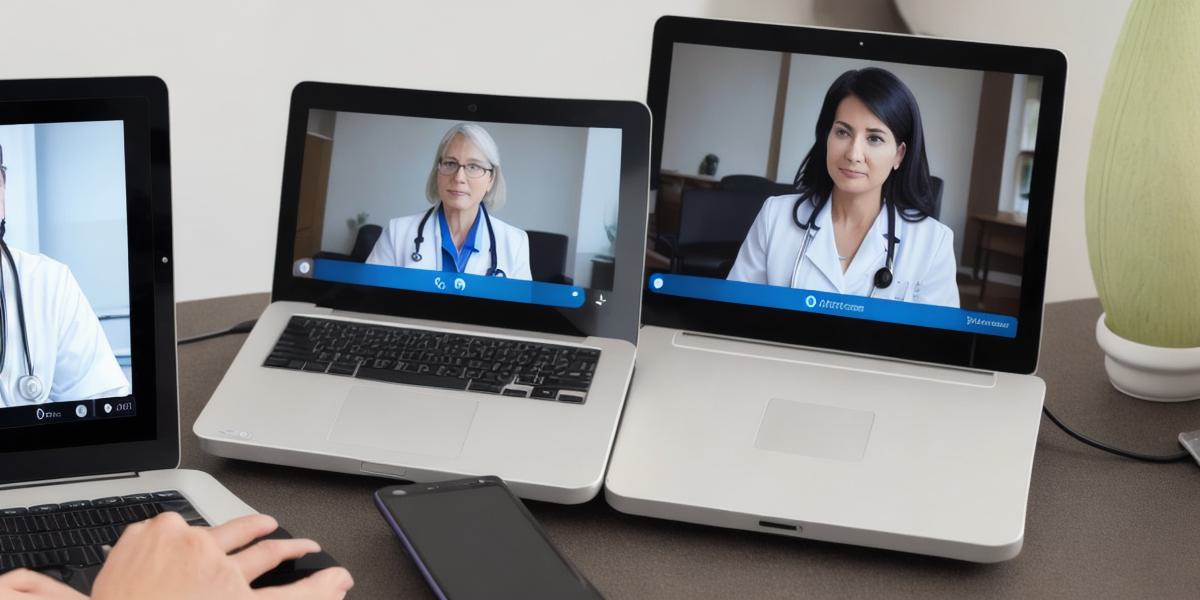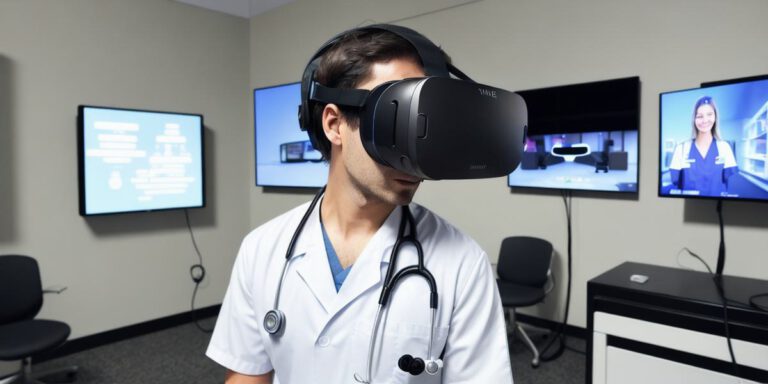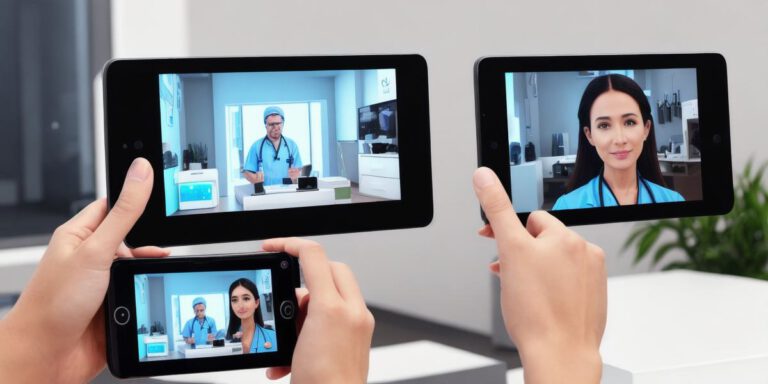Enhancing Healthcare Access with Virtual Medical Consultations: Exploring the Benefits of Remote Telehealth Services.

Title: Enhancing Healthcare Access with Virtual Medical Consultations: Exploring the Benefits of Remote Telehealth Services
The COVID-19 pandemic has highlighted the importance of healthcare access and remote telemedicine services. Telehealth allows patients to connect with healthcare providers virtually, enabling them to receive medical consultations, diagnoses, and treatments from the comfort of their homes. In this article, we will explore the benefits of virtual medical consultations, including increased patient engagement and satisfaction, reduced healthcare costs, and improved overall health outcomes.
One of the main benefits of virtual medical consultations is increased patient engagement and satisfaction. Patients can easily schedule appointments with their healthcare providers from their mobile devices or computers, reducing wait times and providing them with more flexibility in their healthcare schedules. Virtual consultations also allow for more personalized care as patients can share information about their medical history and symptoms, enabling healthcare providers to tailor their recommendations to each individual’s needs.
Another benefit of virtual medical consultations is reduced healthcare costs. Telehealth services have been shown to reduce hospitalizations, emergency room visits, and the need for expensive diagnostic tests. This not only saves patients money but also reduces the overall cost of healthcare for providers and payers.
Virtual medical consultations can also improve overall health outcomes by providing patients with more convenient access to healthcare services. Patients who do not have transportation or are unable to travel to healthcare facilities may now be able to receive the care they need through virtual consultations. Additionally, virtual consultations can help prevent the spread of infectious diseases, particularly during flu season or other times when respiratory illnesses are more prevalent.
In addition to these benefits, virtual medical consultations have also been shown to improve healthcare provider satisfaction and work-life balance. Virtual consultations can reduce administrative burden, allowing providers to spend more time on patient care. Providers can also offer virtual consultations from anywhere with an internet connection, enabling them to provide care to patients who may be located far away or in rural areas.
To illustrate the benefits of virtual medical consultations, let’s take a look at a case study. A patient who lives in a rural area was unable to access specialized care due to distance and transportation limitations. However, through a virtual consultation with a healthcare provider, the patient was able to receive the care they needed without having to travel long distances or miss work. This not only improved the patient’s overall health outcomes but also increased their satisfaction with the healthcare system.
In conclusion, virtual medical consultations have many benefits for both patients and healthcare providers. They can increase patient engagement and satisfaction, reduce healthcare costs, improve overall health outcomes, and improve provider satisfaction and work-life balance. As technology continues to advance, it is likely that we will see more widespread adoption of virtual telemedicine services in the future. By embracing this technology, we can ensure that all patients have access to the care they need, regardless of where they live or their ability to travel.








